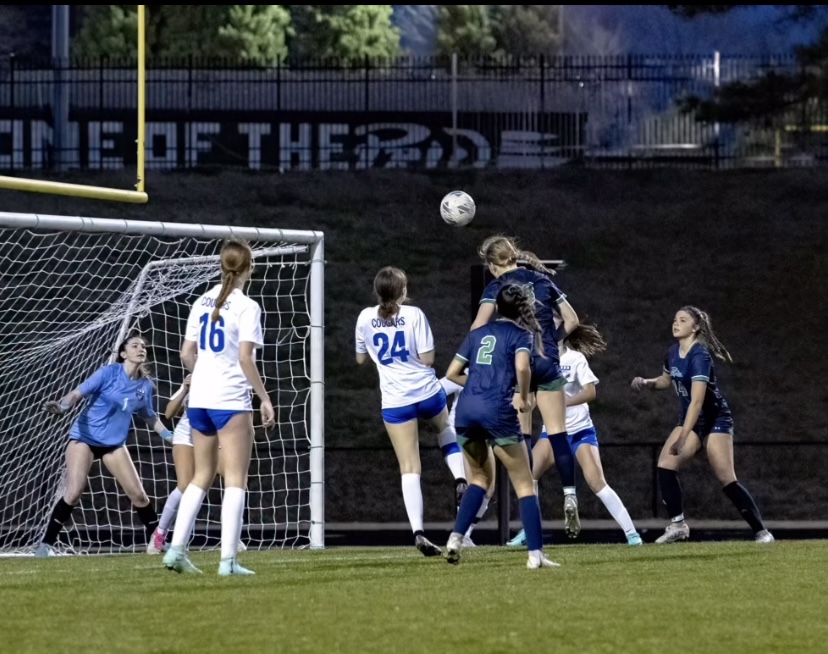Leesville is in the midst of spring sports season. It is now more important than ever for student-athletes to stay healthy. Preventing injuries should be at the top of their lists, especially now with the upcoming playoffs for some sports.
Due to exerting high activity levels constantly and intense training schedules, student-athletes need to take proactive measures to maintain healthy habits, in order to prevent injuries.
In doing this, Leesville could implement required warmups and cooldowns before and after practices and games to help players not to get hurt. Stretching is the most essential thing to do before any type of exercise. Before any training session, game, or competition, dynamic and static stretching should be done. This prepares your muscles and body as a whole for the activity ahead. The warm-up should increase your heart rate, blood flow, and flexibility so you are not just jumping into exercises.
Additionally, a lot of athletes forget to engage in a cooldown following exercise. Cooldowns can be just as important as warmups in order to reduce the risk of injury. Aerobic movements and stretching after exercise help to prevent muscle tightness and decrease your heart rate steadily.
Logan Kiser, a sophomore on the varsity lacrosse team said, “I am coming back from a fractured fibula. I played a game on it knowing it was hurt, just not the extent to the injury. Playing on it made it a lot worse, and I was in a boot for three weeks. Now I make sure to stretch extra before practices and games to prevent it from getting hurt again.”
One of the most beneficial habits to adopt as an athlete is making sure to always stay hydrated. According to OptimusHealth.com, “Proper hydration is essential for preventing injury during physical activity. When you are dehydrated your muscles become tight and weak which makes them more prone to injury while exercising.” This commonly leads to fatigue and exhaustion within athletes leading them to use improper form which can result in further harm.
Getting good rest every night consistently is helpful to being energized for the day ahead. Teenagers should be averaging 8 to 10 hours of sleep each night. Additionally, consuming healthful and nutritious meals prior to exercise helps athletes to be fueled for the energy that they will exert.
However, listening to your body should always be the number one priority for all student-athletes. Paying attention to any signs of fatigue, pain, or discomfort during exercise can point out possible injuries. Pushing through pains can lead to serious injuries. Athletes should incorporate rest days when needed, and if the pain persists then they should reach out for medical attention.
If student-athletes implement these strategies into their routine then they can reduce their risk of injury greatly. Allowing them to perform at their best while staying healthy.

It makes my day better when I cook meals for family and friends.

Leave a Reply